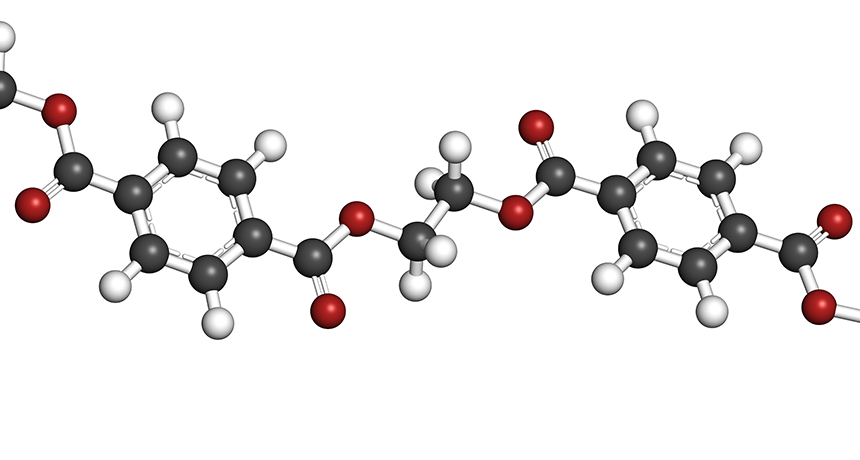Comprehending Polymers: The Science Behind Versatile Materials
Comprehending Polymers: The Science Behind Versatile Materials
Blog Article
Discovering the Varied Applications and Benefits of Polymers in Different Industries
Polymers, with their diverse series of properties and performances, have actually come to be indispensable in different markets, each enjoying distinct gain from their application. Polymers. From boosting safety and security and efficiency in the auto sector to transforming medical tools in the healthcare market, polymers play a pivotal role. Moreover, their environmentally friendly nature is changing the landscape of sustainability methods. As we explore the midsts of polymers in electronic devices, we uncover cutting-edge developments, while their structural integrity changes the world of building and infrastructure. The prevalent impact of polymers across industries is a testament to their versatility and adaptability, shaping the future of countless sectors.
Automotive Market Applications
Polymers play a critical duty in enhancing the efficiency and longevity of different components within the vehicle field. These flexible products are thoroughly used in the manufacturing of different components, varying from interior elements to under-the-hood applications. One noticeable use of polymers in the automotive market remains in the production of lightweight elements. By changing conventional steel get rid of polymer-based options, automobiles can attain improved fuel performance without endangering on strength or safety.

Healthcare Sector Advantages
In different health care applications, the benefits of using polymers are extensively acknowledged for their varied variety of useful residential or commercial properties. Polymers play an important function in the healthcare sector due to their convenience, biocompatibility, and cost-effectiveness. Among the key advantages of polymers in medical care is their ability to be tailored to certain requirements, such as adaptability, sturdiness, and biodegradability, making them ideal for a wide variety of clinical applications.
Polymer-based products are thoroughly made use of in clinical tools, such as catheters, implants, prosthetics, and medicine delivery systems, as a result of their biocompatibility and capacity to imitate all-natural cells. These products can lower the risk of allergic reactions or denials, improving client safety and security and end results. In addition, polymers are lightweight, making them ideal for wearable clinical gadgets and ensuring patient comfort.
In addition, polymers enable the advancement of cutting-edge treatment approaches, such as hydrogels for tissue design and nanocomposites for targeted drug delivery. Their simplicity of handling and sterilization makes them important for maintaining high criteria of hygiene in medical care settings. Overall, the diverse benefits of polymers add substantially to developments in clinical technology and patient treatment.
Environmental Advantages of Polymers

Furthermore, polymers can add to energy cost savings because of their lightweight nature. In industries such as transportation, lightweight polymer materials can help in reducing fuel intake and greenhouse gas exhausts. In addition, polymers can make it possible for the growth of energy-efficient items such as insulation materials that boost power preservation in buildings.
Furthermore, polymers play a critical role in lowering water air pollution. For instance, the usage of polymer-based filtering systems can effectively eliminate toxins and pollutants from wastewater, protecting water sources and environments. In general, the environmental advantages of polymers make them useful possessions in promoting sustainability and environmentally friendly practices across different industries.
Polymers in Electronic Devices and Innovation
Considering the boosting need for cutting-edge and lasting remedies in contemporary sectors, the integration of sophisticated polymer technologies in the realm of electronics and modern technology has actually become a crucial technique for driving performance and performance. Polymers have transformed the electronics industry by allowing the production of lighter, a lot more versatile, and long lasting electronic tools. From smartphones to clinical gadgets, polymers play a crucial duty in enhancing product layout and functionality.
One learn the facts here now significant benefit of polymers in electronic devices is their shielding residential properties, which help shield delicate electronic parts from environmental elements and electric interference. In addition, polymers are important in the growth of flexible screens, wearable modern technology, and printed electronic devices, supplying endless possibilities for producing clever and interconnected gadgets.
Additionally, the use of polymers in digital product packaging has resulted in improvements in miniaturization and thermal administration, enhancing the total investigate this site performance and dependability of electronic systems. As innovation remains to evolve, the adaptability and versatility of polymers will undoubtedly drive even more advancement in the electronics sector, forming the future of modern technology.
Role of Polymers in Building and Framework
Polymers offer many benefits in the building industry due to their flexibility, longevity, and cost-effectiveness. One crucial function of polymers in building and construction is their usage in layers and sealants, giving defense against ecological aspects such as dampness, UV radiation, and deterioration.
Moreover, polymers play a vital duty in lasting building and construction practices by allowing the growth of energy-efficient structures. Shielding materials made from polymers help regulate interior temperatures, decreasing the need for heating and cooling down systems and eventually decreasing energy usage. Additionally, the use of polymer-based composites in framework tasks such as bridges and roadways enhances their long life and reduces upkeep prices. Overall, the incorporation of polymers in building and framework displays their significant influence on modern-day best site design practices.
Verdict
Finally, polymers play a critical duty in numerous markets such as auto, healthcare, ecological, electronic devices, and building. Their flexible residential or commercial properties make them valuable in producing ingenious services and products. From enhancing gas performance in cars to boosting clinical devices, polymers offer numerous benefits. Furthermore, their effect on lowering waste and advertising sustainability highlights their relevance in modern applications. The widespread use polymers shows their considerable payment to progressing technology and enhancing top quality of life.
Report this page